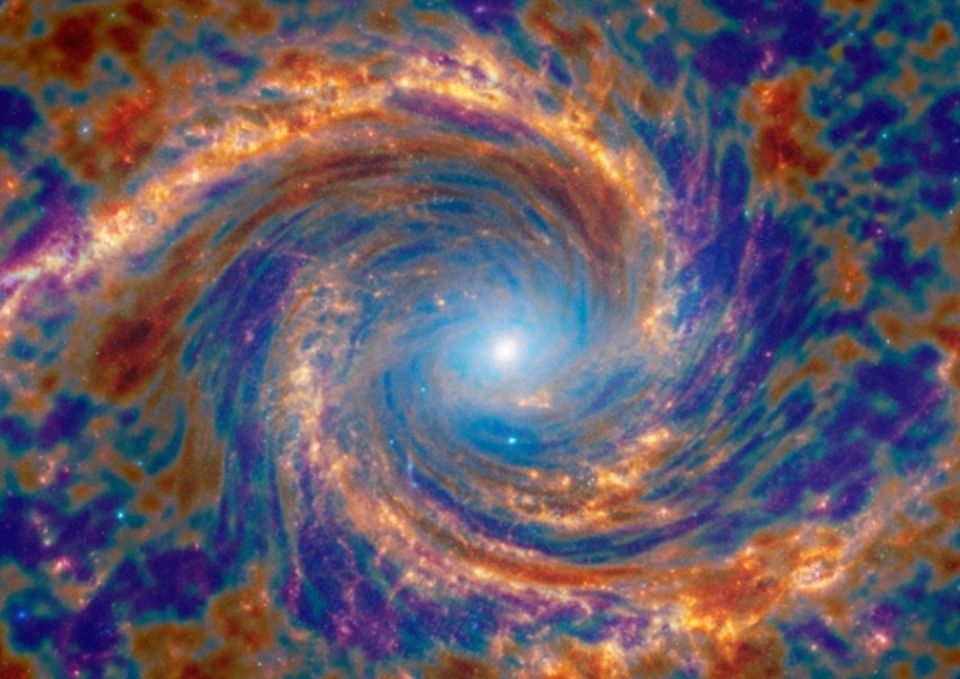Oort Lecture: Do we have a standard model of cosmology?

The yearly Oort lecture, in memory of the famous Dutch astronomer, will take place on the 6th of May 2024
In the 34th Oort Lecture, Professor George Efstathiou will delve into the origins of the Lambda Cold Dark Matter (LCDM) model and the insights gained from it. He will provide his perspective on the future implications of the model. However, it remains uncertain whether he expects a new paradigm shift in cosmology in the near future.
Since the mid-90s, the LCDM model has been widely accepted as the framework for explaining the evolution of the universe from its initial hot, dense state following the Big Bang to its current large-scale structure. This model also offers predictions regarding the universe's future expansion and eventual fate. Over the years, numerous astronomical observations have consistently supported the LCDM model. Furthermore, these observations have led to the determination of highly precise parameters for the model, many of which are constrained to below 1 percent uncertainty.
D…
In the 34th Oort Lecture, Professor George Efstathiou will delve into the origins of the Lambda Cold Dark Matter (LCDM) model and the insights gained from it. He will provide his perspective on the future implications of the model. However, it remains uncertain whether he expects a new paradigm shift in cosmology in the near future.
Since the mid-90s, the LCDM model has been widely accepted as the framework for explaining the evolution of the universe from its initial hot, dense state following the Big Bang to its current large-scale structure. This model also offers predictions regarding the universe's future expansion and eventual fate. Over the years, numerous astronomical observations have consistently supported the LCDM model. Furthermore, these observations have led to the determination of highly precise parameters for the model, many of which are constrained to below 1 percent uncertainty.
Despite the model's success, a lingering critique questions its accuracy because its three key components—inflation, cold dark matter, and dark energy—are not yet fully understood at a fundamental level.